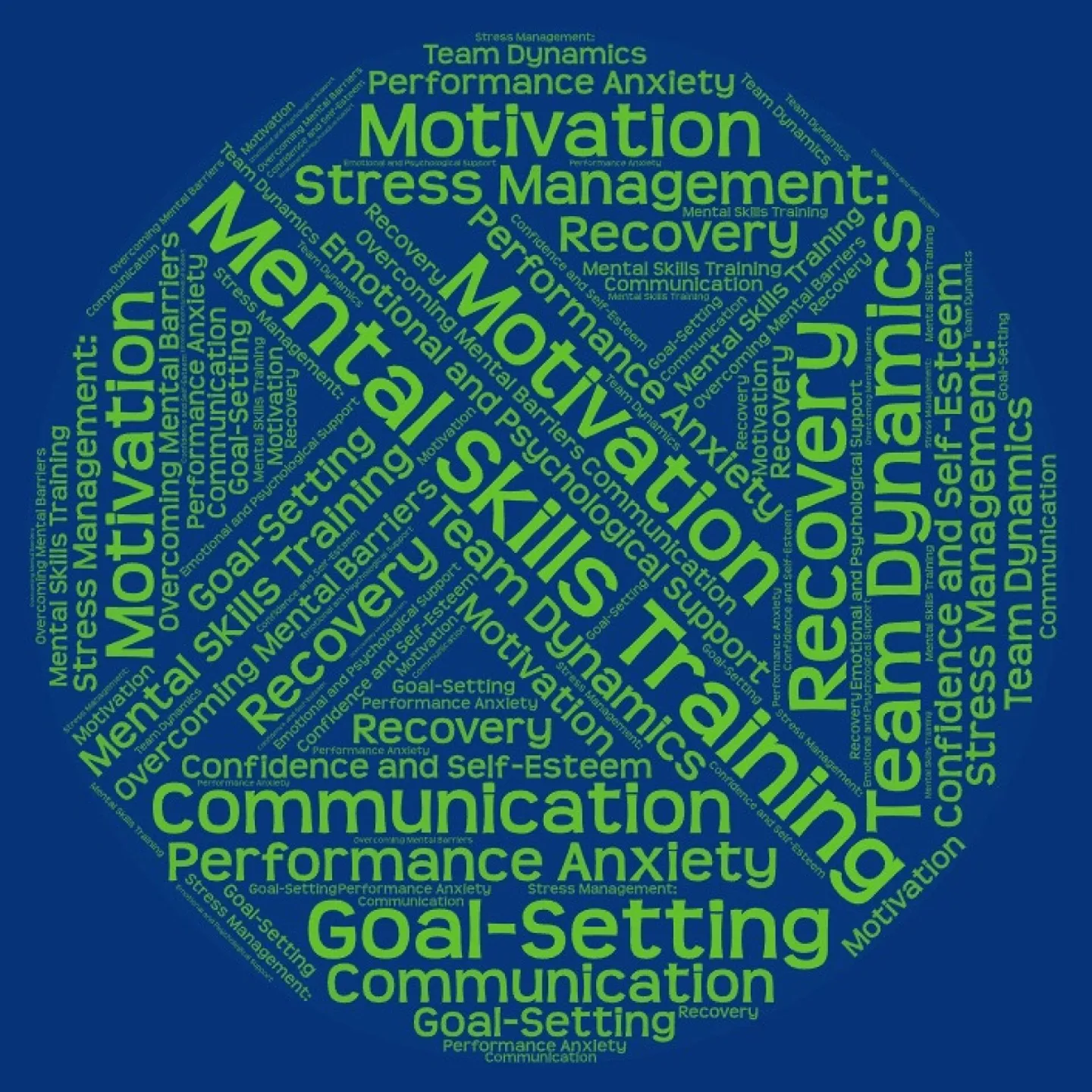
Sports psychology is the study of how psychological factors influence athletic performance and how participation in sport and exercise can impact mental well-being. It focuses on understanding the mental processes that affect an athlete’s ability to perform, such as motivation, concentration, confidence, and emotional regulation. Sports psychologists work with athletes to enhance their mental resilience, help them manage pressure, set goals, and overcome challenges. This field also explores the psychological benefits of sport, such as improved mood, stress relief, and the development of self-esteem, helping athletes achieve their peak performance while maintaining a healthy mindset.
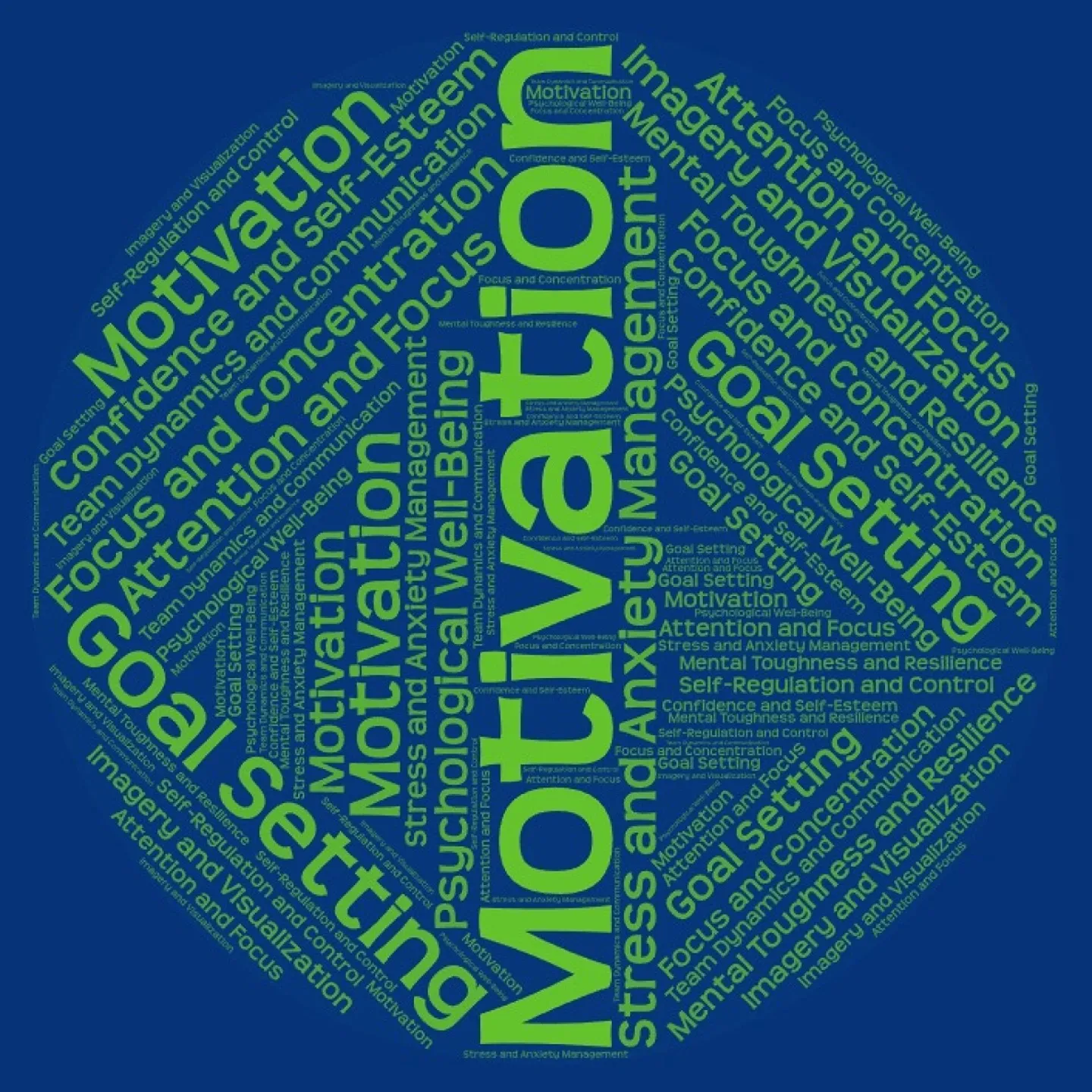
The core themes of sports psychology include motivation, confidence, focus, and emotional regulation, all of which play a key role in enhancing athletic performance. It explores how mental processes influence physical outcomes, focusing on goal setting, imagery, and concentration to help athletes perform at their best. Another key theme is mental resilience, where athletes are supported in developing the ability to cope with setbacks, manage stress, and maintain composure under pressure. Additionally, sports psychology emphasises the importance of team dynamics, communication, and leadership in group sports, while also addressing the psychological benefits of sport, such as boosting self-esteem and mental well-being.
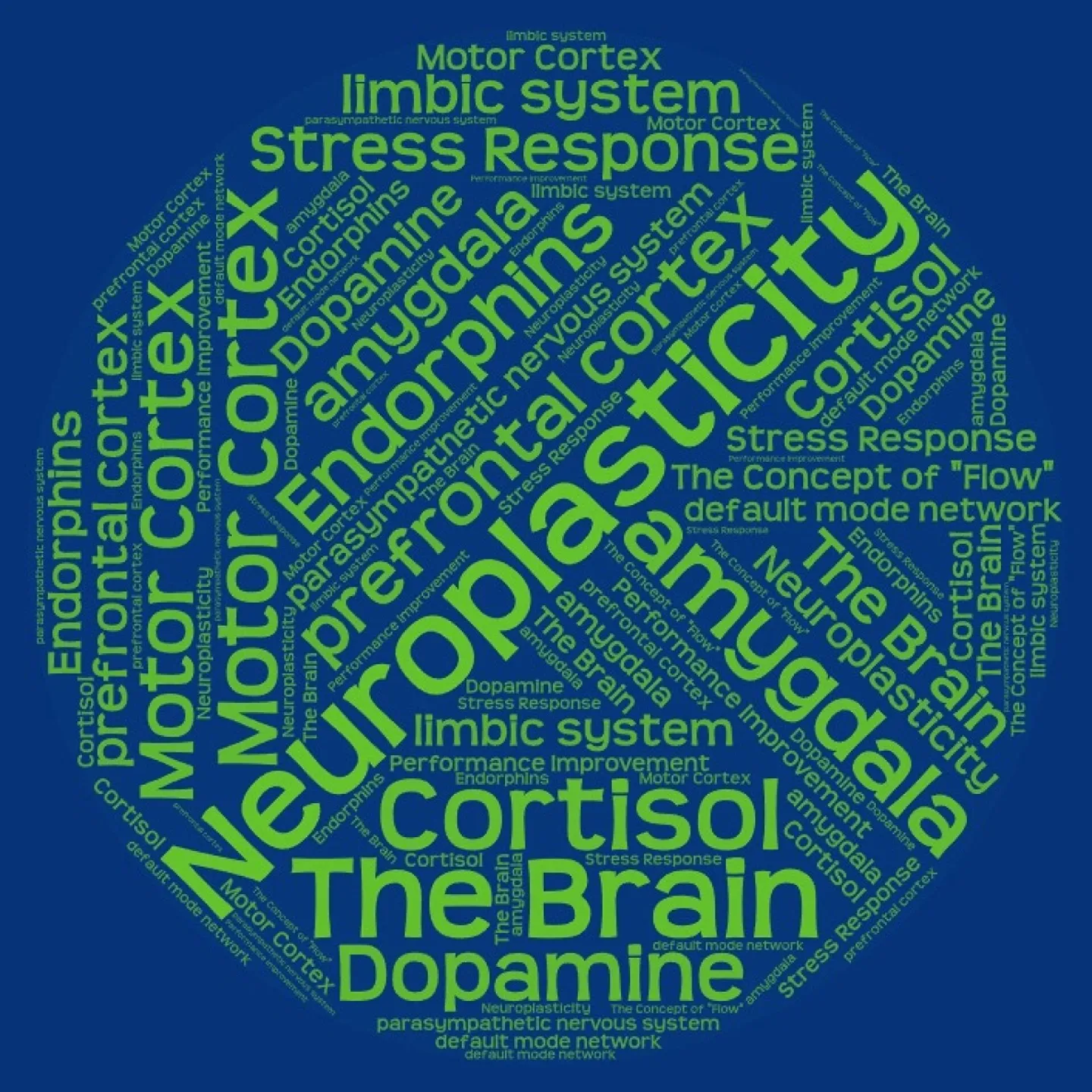
The neuroscience of sports psychology explores how the brain and nervous system influence athletic performance, focusing on the neural mechanisms that underpin cognitive functions such as attention, memory, decision-making, and motor skills. It examines how the brain processes emotions, stress, and anxiety, and how these mental states can either enhance or hinder performance. By understanding brain activity, sports psychologists can develop strategies to improve focus, mental resilience, and emotional regulation, helping athletes optimise their performance. Techniques like visualisation, mindfulness, and relaxation work by influencing neural pathways to promote a calm, focused state, enabling athletes to perform under pressure and recover from setbacks.
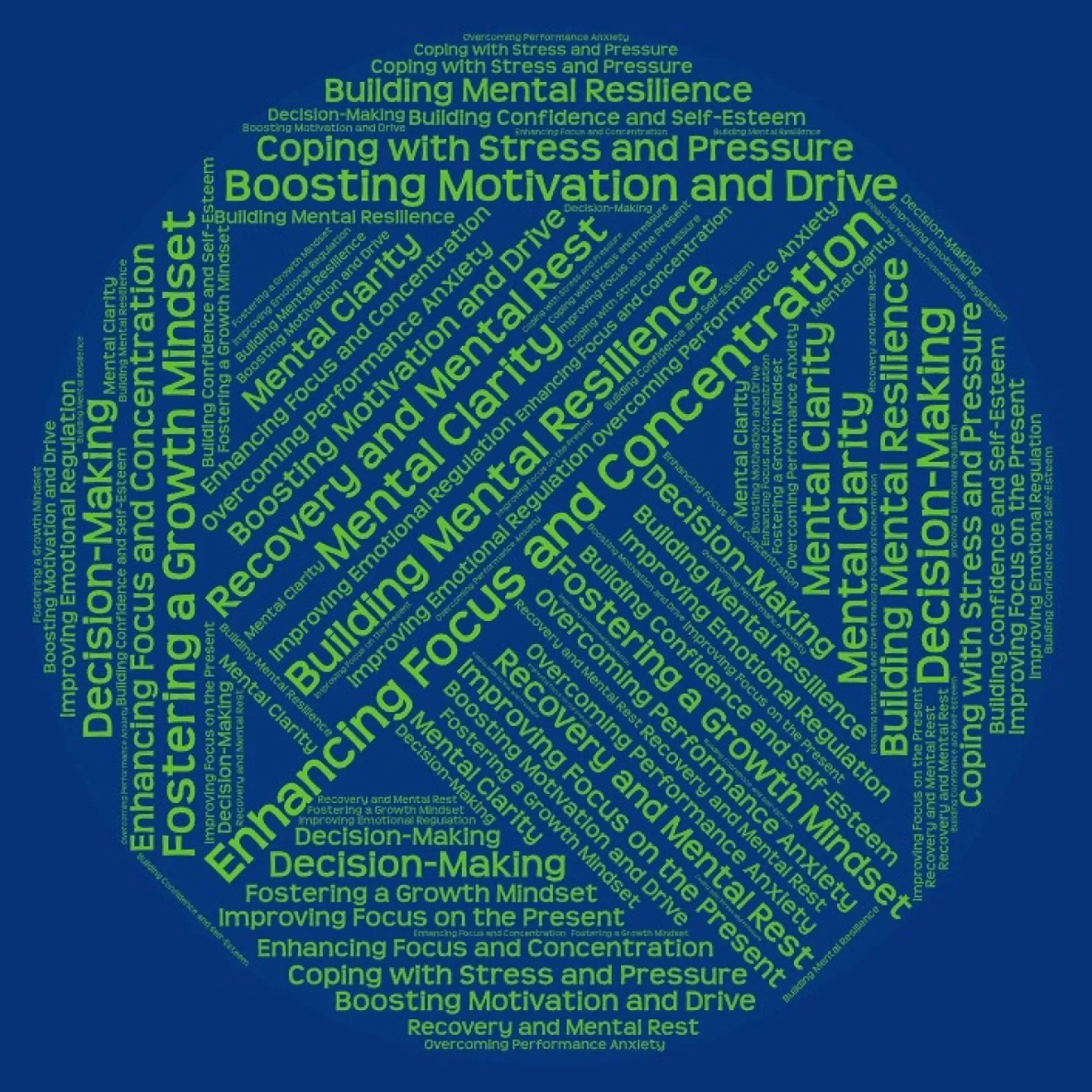
Sports psychology improves the mind by helping individuals develop mental skills that enhance focus, emotional regulation, and resilience. Through techniques such as goal setting, positive self-talk, and visualisation, athletes can strengthen their mental toughness, boosting confidence and motivation. It also teaches strategies for managing stress and anxiety, enabling athletes to stay composed under pressure and recover from setbacks more effectively. By promoting a growth mindset, sports psychology helps individuals view challenges as opportunities for improvement, leading to greater mental clarity, emotional balance, and the ability to maintain a positive outlook, all of which contribute to improved overall well-being and performance.
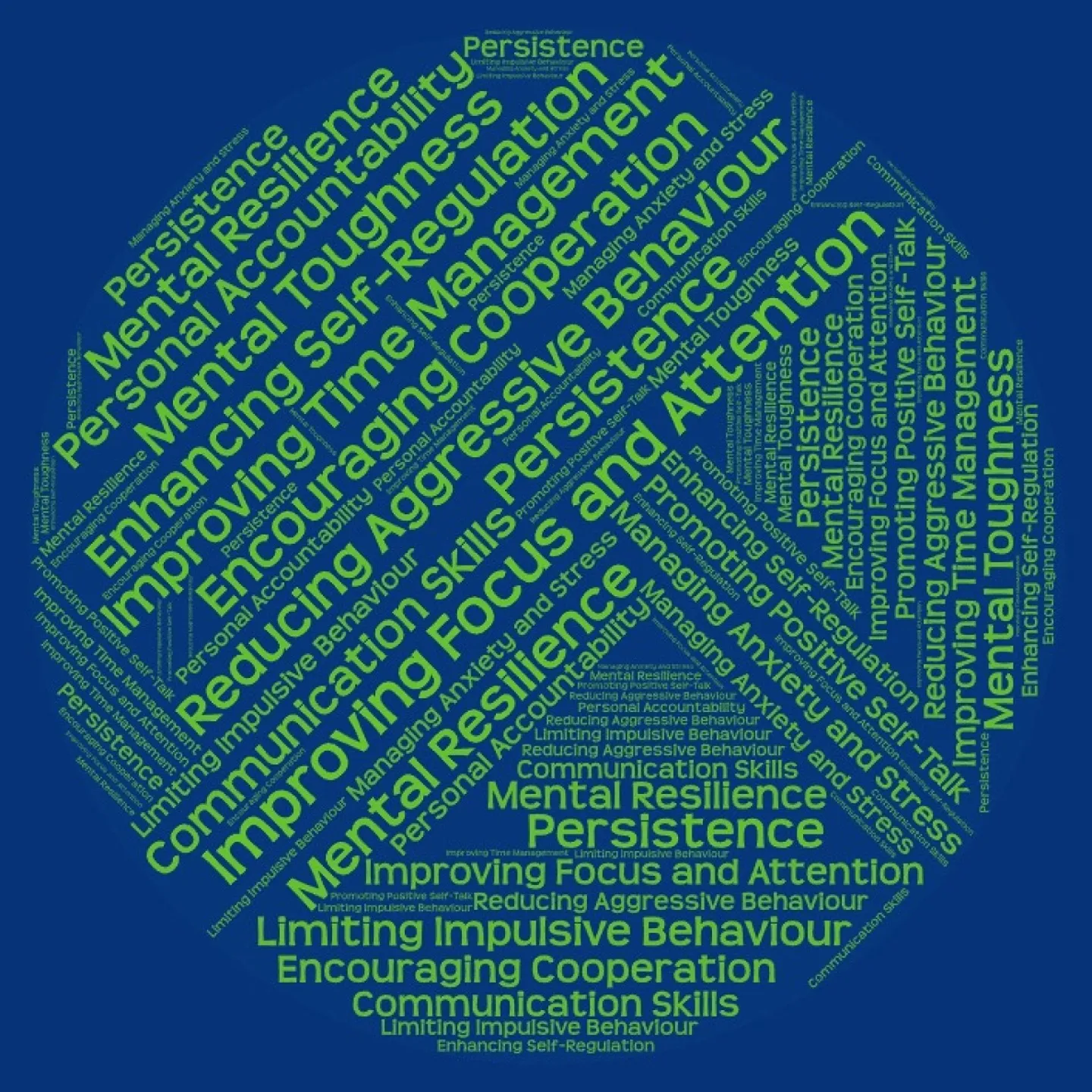
Sports psychology improves behaviour by helping individuals develop better self-control, emotional regulation, and coping strategies, which positively influence their actions both on and off the field. Through techniques such as mindfulness, cognitive restructuring, and self-reflection, athletes can identify and change negative thought patterns, leading to more constructive behaviours. It also enhances motivation and goal-setting, encouraging athletes to stay focused and disciplined in their training and competitions. By learning how to manage stress, frustration, and setbacks, sports psychology enables individuals to respond to challenges with resilience and composure, promoting more positive and consistent behaviours in various situations.

